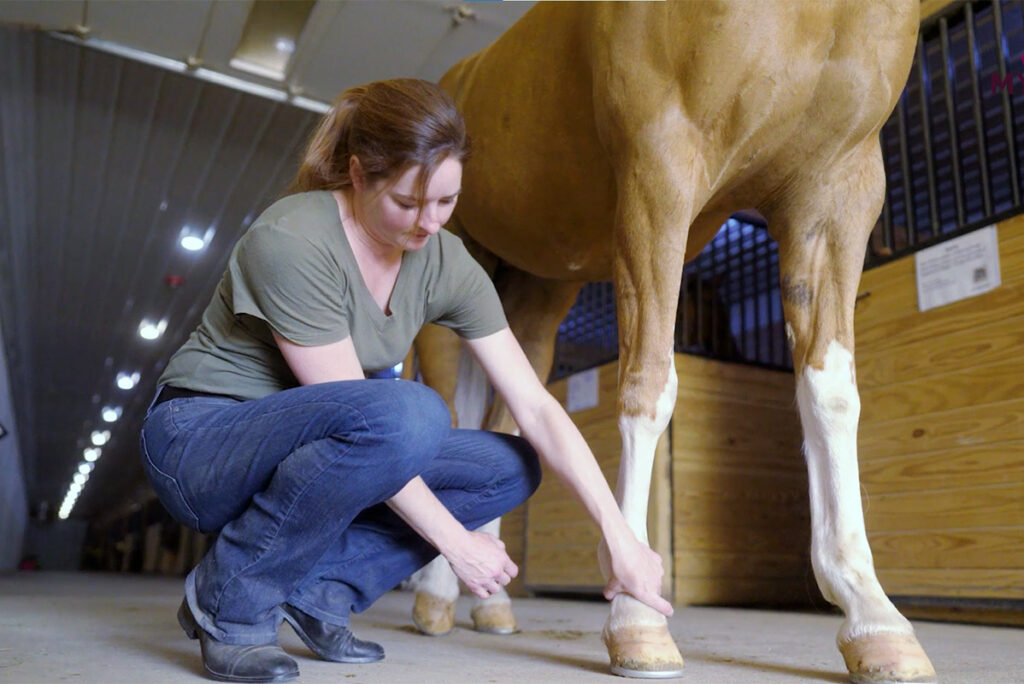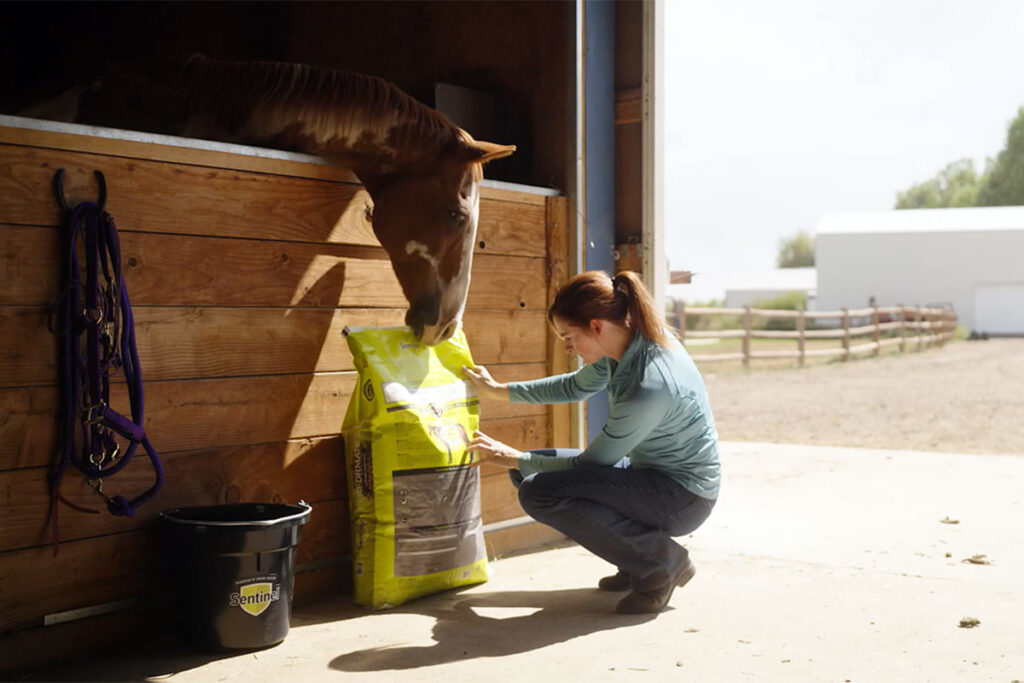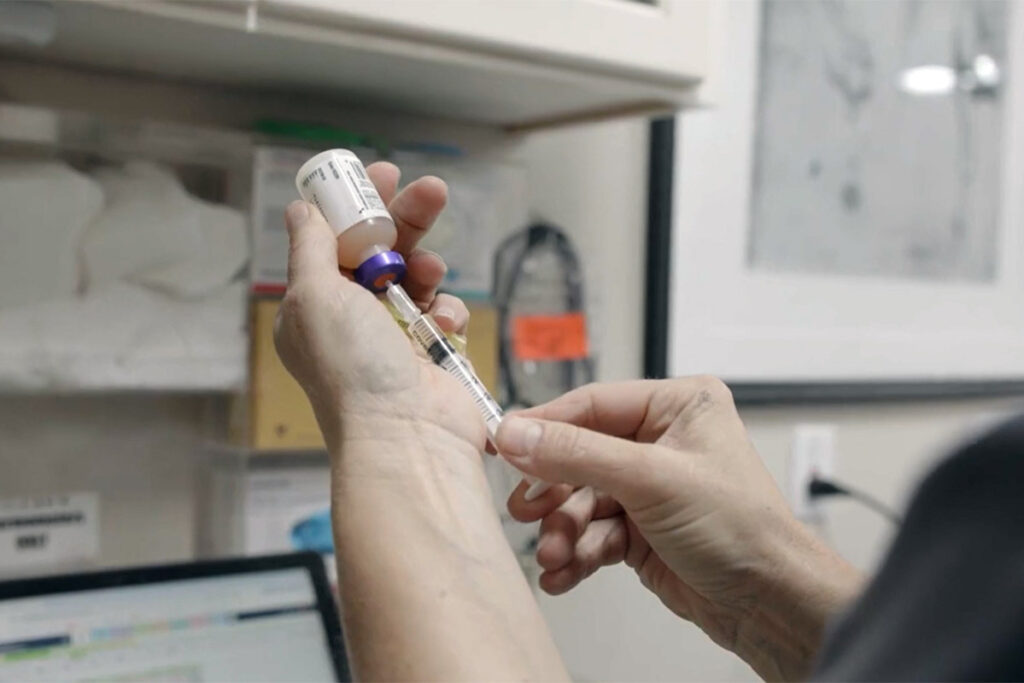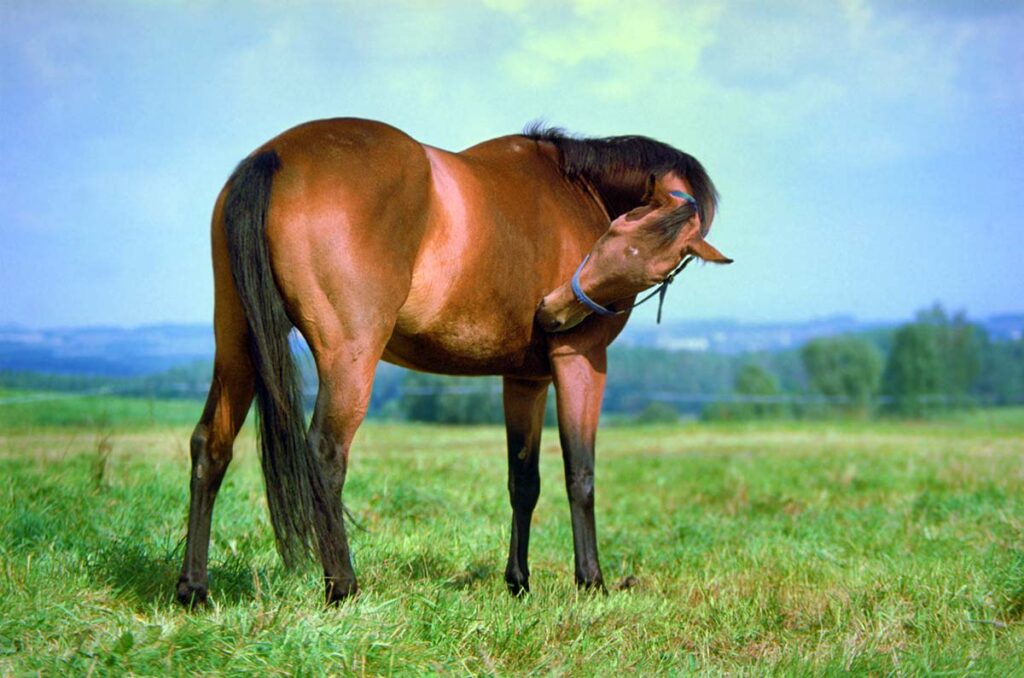When to Call the Vet for a Horse

Learn the signs of illness, injury, and emergencies that mean it’s time to get veterinary help.
Gut Check: Feeding to Prevent Colic in Horses

Feeding to prevent colic is straightforward if you prioritize forage, maintain consistency, and follow smart grain feeding practices.
Planning for Unexpected Horse Care Expenses

Learn about common equine emergencies, what they typically cost to treat, and payment options to afford them.
Learn to Pick Up on These 6 Subtle Signs of Pain in Horses

Some horses can be super stoic when they’re sick or injured. Don’t miss these easy-to-overlook indicators of equine discomfort.
How To Take Horse Vital Signs and What They Mean

Vital signs are important indicators of horse health. Use this guide and its how-to videos to learn how to take your horse’s vitals.
Horse Vital Signs: How To Check for Dehydration

A quick way to check a horse’s hydration status is to perform a skin pinch test. Dr. Christine Johnson shows us how.
Horse Vital Signs: Checking Capillary Refill Time

Learn how to safely check your horse’s capillary refill time, an important indicator of health that in healthy horses should be less than 2 seconds.
What Is Colic in Horses?

In this video, an equine veterinarian lists the potential causes of colic in horses, signs of colic, and things you can do while waiting for the vet.
Everything You Need to Know About Impaction Colic in Horses

The more you know about colic in horses, the better you can recognize, prevent, and treat this source of abdominal pain if it occurs.
Horse Vital Signs: Interpreting Gut Sounds

Gut sounds should be present in all healthy horses, with approximately one to three gut sounds per minute indicating good digestive health.
